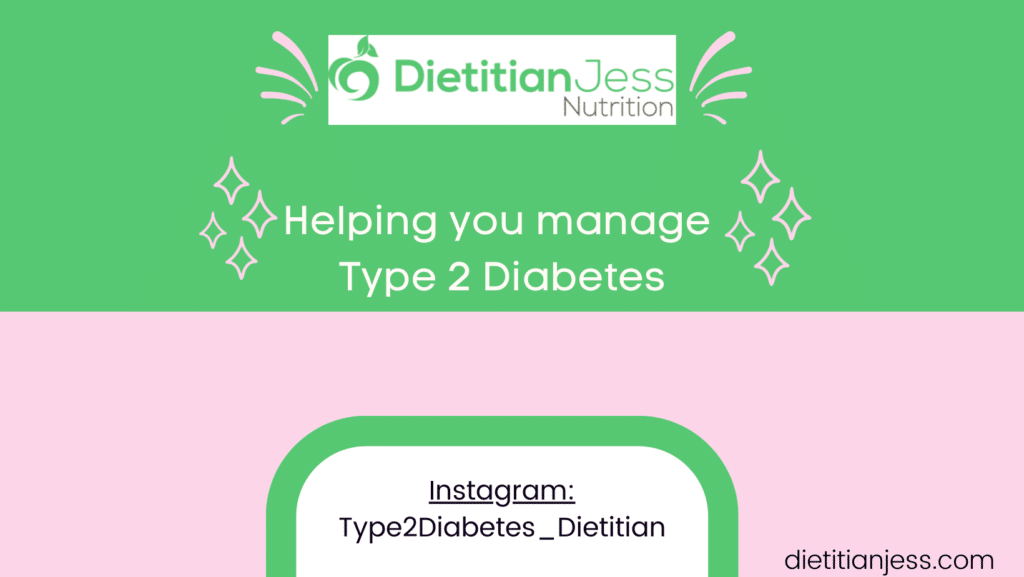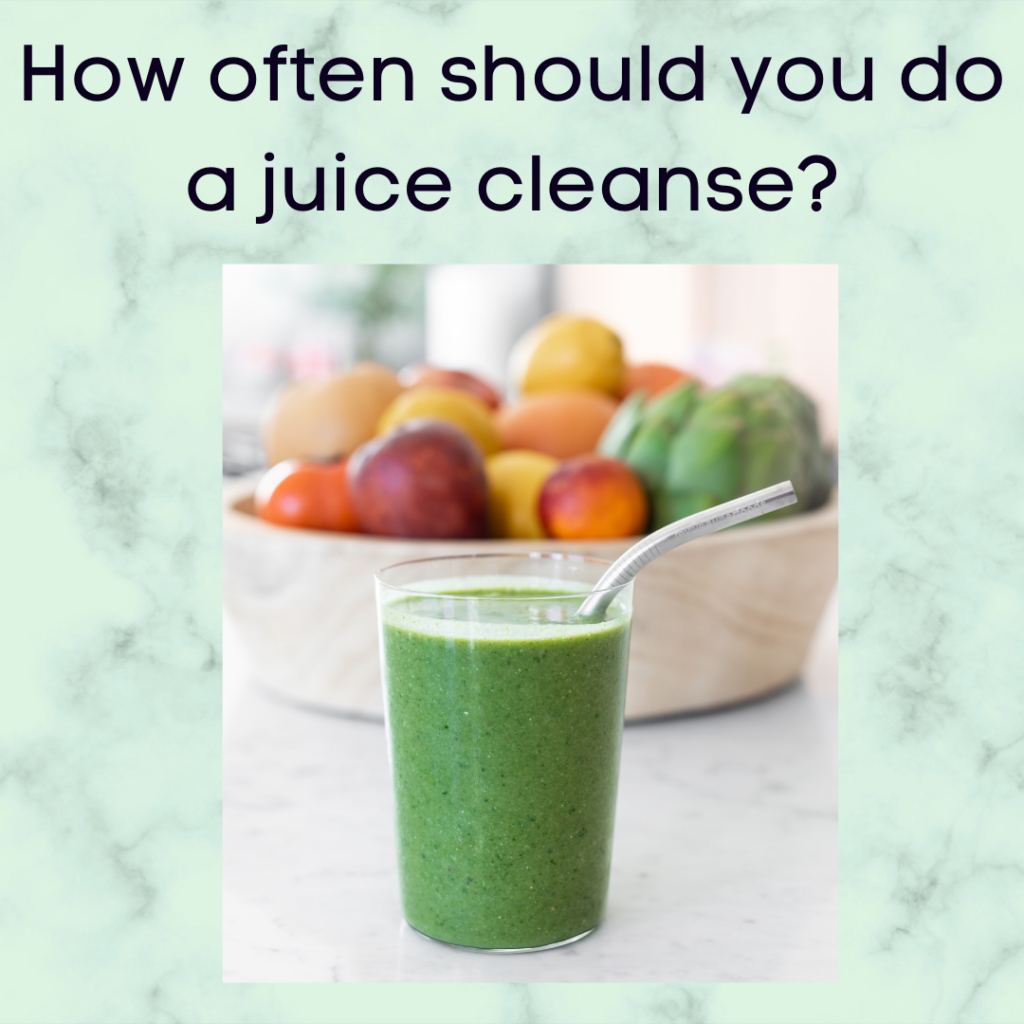
How often should you do a cleanse? Should you do a cleanse?
Spoiler alert: probably never.
Since social media is exploding with people doing cleanses and detoxing so I figured this was the right time to share my professional opinion and advice. So should you do a cleanse? How often should you do a cleanse? What is a cleanse? Cleanses are reported to detoxify the body and are often marketed as a way to reset or lose weight. (If you want a reset challenge check out this post!)
What do you mean by cleanse?
So obviously I’m against juice cleanses, and detoxes. Yes fruit is good for you, yes juice can be good for you, however, it’s important to consider the amount of juice consumed. In reality, anything consumed at a certain level can be toxic, including water. So let’s not demonize some foods or put false claims on others.
Juice cleanses are advertised as a way to “detox” the body or lose weight, and typically consist of drinking exclusively juice for a number of days. There is no scientific evidence supporting claims that juicing can help detoxify the body, instead the skin, kidneys, lymphatic system, gastrointestinal system, and the liver make up our natural cleansing system to detox all the time. Toxins are typically never defined in cleanses but the true medical definition of detoxification means treatments for dangerous levels of drugs, alcohol, or poisons, like heavy metals.

What does a cleanse actually accomplish??
The Master Cleanse is one of the most well known cleanses and consists of lemon juice, maple syrup, and cayenne pepper. Other local juice companies have expanded on the definition of a “master cleanse” and created their own variety of juice to be consumed, and generally with a very high price tag. Regardless of the ingredients almost all juices lack adequate nutrition. Not only does juicing fruit create a higher sugar content because it’s more concentrated but you also lose a valuable nutrient: FIBER! Fiber helps you feel full and aides your digestion. Loading your digestive system with sugary carbs and no fiber is likely to cause gastrointestinal issues, so prepare to spend time in the bathroom. Juice cleanses are not only unsustainable but they can be dangerous. Common side effects of juicing include electrolyte losses, fatigue, headaches, and nausea.
One of the biggest issues with juice cleanses is how it fuels obsessive thinking and fosters a disordered relationship with food. While most cleanses can lead to weight loss, it’s due to the starvation of your body. Cleanses actually slow your metabolism and deprive your body of essential nutrients like fat and protein. Any weight loss is mostly due to an inadequate amount of calories and the weight that was lost would most likely be regained after resuming a normal diet.

What should I do instead of a juice cleanse?
Doing a detox or a cleanse isn’t sustainable for the long term- it’s much better to make small and gradual, diet and lifestyle changes to obtain a healthier outcome. For long term success you need a maintainable diet. These types of fads create unbalanced thoughts, poor nutrition, and can create obsessive eating habits or patterns. A better “cleanse” for your body would be to limit alcohol/drugs/caffeine and eat nutritionally balanced meals.
I personally enjoy juices but I never would consider them a meal let alone my exclusive intake for several days. Instead, I would advocate for eating your nutrients in food not pulverizing them to juice. Roast those veggies with some olive oil, herbs, and garlic powder-trust me they usually come out delicious. If you don’t like eating certain fruits or veggies but still want to get them into your diet I would recommend going the smoothie route. When making your smoothie use a variety of fruits and veggies and definitely add in some protein and fat to provide balance and satiety.
Join my Facebook group to ask any questions and learn more! Women with Type 2 Diabetes




